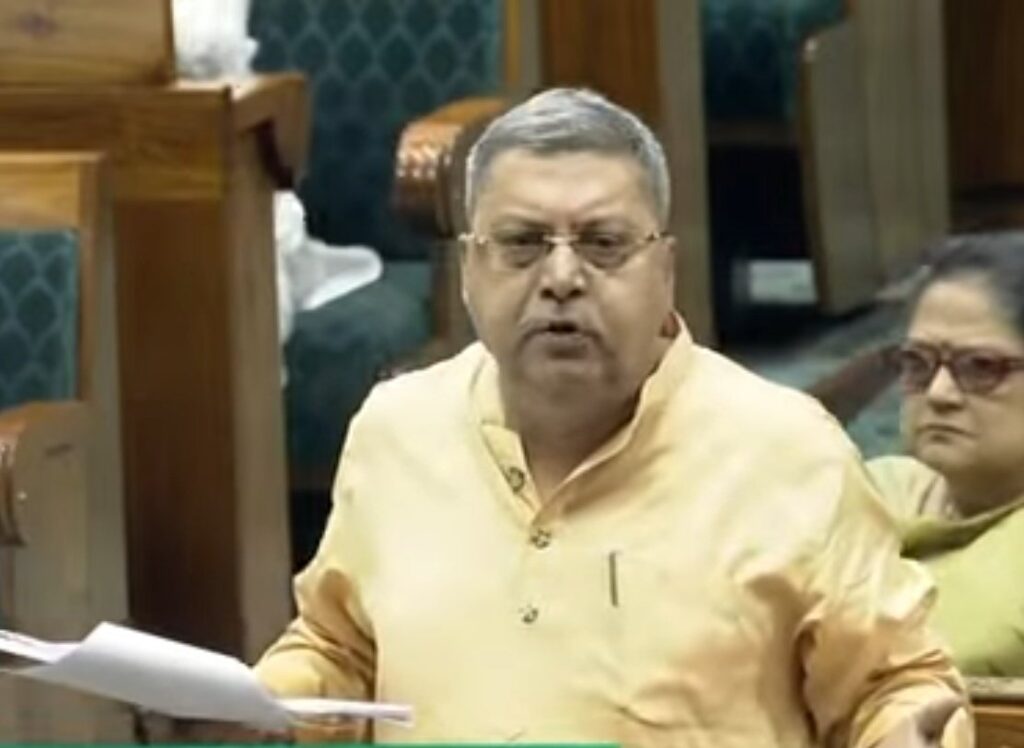What Happened to Nitasha Kaul’s OCI Status in 2025?
Nitasha Kaul, a British Kashmiri professor at the University of Westminster in London, announced on May 18, 2025, that her Overseas Citizenship of India (OCI) status was canceled by the Indian government. She shared this news on social media, posting a portion of the official notice she received. This isn’t the first time Kaul has faced issues with Indian authorities—back in February 2024, she was denied entry at Bengaluru airport and deported within hours, despite being invited by the Karnataka state government to speak at a conference on constitutional values. The OCI cancellation has reignited discussions about how India handles dissent, especially from overseas citizens of Indian origin, and it’s happening amidst other tensions, like the Asisguard probe in Madhya Pradesh over national security concerns.
The Indian government’s notice accused Kaul of engaging in “anti-India activities,” claiming her actions were “motivated by malice and complete disregard for facts or history.”
BIG NEWS: Academic Nitasha Kaul's OCI card is cancelled over anti-India activities. She was at one point invited by Congress to India.
— Rahul Shivshankar (@RShivshankar) May 19, 2025
2019, she was a key witness before US House Committee on Foreign Affairs, testifying against alleged rights abuses in J&K after abrogation of… pic.twitter.com/Na5Z5BgfE3
Specifically, they pointed to her “numerous inimical writings, speeches, and journalistic activities” at international forums and on social media, alleging she regularly targeted “India and its institutions on matters of India’s sovereignty.” Kaul, a vocal critic of the Modi government, has often spoken out against policies she describes as “anti-minority” and “anti-democratic,” including the 2019 revocation of Article 370 in Kashmir. Under Indian law, the government can cancel OCI status if someone shows “disaffection towards the Constitution” or acts against India’s sovereignty, which they claim Kaul did through her academic and public work.
How Has Nitasha Kaul Responded to the OCI Cancellation?
Kaul isn’t taking this lying down. She’s called the cancellation a “vindictive” and “rigged” act of “transnational repression,” arguing it’s a punishment for her scholarly work critiquing the Modi government’s policies. She mentioned submitting a 20,000-word response to the government’s allegations after receiving a show-cause notice in May 2024, but says her arguments were dismissed unfairly. Kaul has also highlighted the personal impact, noting that this move bars her from visiting her ailing mother in India. She plans to challenge the decision in court, framing it as an attack on academic freedom and dissent, especially since her work focuses on democracy and human rights in India, particularly in Kashmir, where she has roots as a Kashmiri Pandit.
What Does This Mean for Academic Freedom and OCI Rights?
This incident has sparked a broader debate about academic freedom, dissent, and the rights of overseas citizens of Indian origin. Kaul’s case isn’t isolated—over the past few years, the Indian government has revoked OCI statuses of other critics, like Sweden-based professor Ashok Swain in 2022, though some cancellations were later overturned by courts. Critics argue this trend shows a growing intolerance for well-intentioned dissent, especially from scholars abroad, and raises questions about how India balances national security with free expression.
The Renegade Pandit, the Turncoat Indian: Why Nitasha Kaul Lost Her OCI Card?
— Rakesh Kaul (@rkkaulsr) May 19, 2025
It is a sad, sad day for all Kashmiri Pandits to see their community besmirched by association.
Nitasha Kaul is in the news with the press describing her as a Kashmiri Pandit. My opinion is that it is a… pic.twitter.com/9SKclOGnT3
On X, opinions are split—some users support the government, citing Kaul’s alleged “pro-separatist” stance, while others see this as an overreach, especially since she was invited by a non-BJP state government. With other events like the Asisguard investigation highlighting India’s focus on sovereignty, Kaul’s case underscores the tension between global academic discourse and national interests in 2025.





















